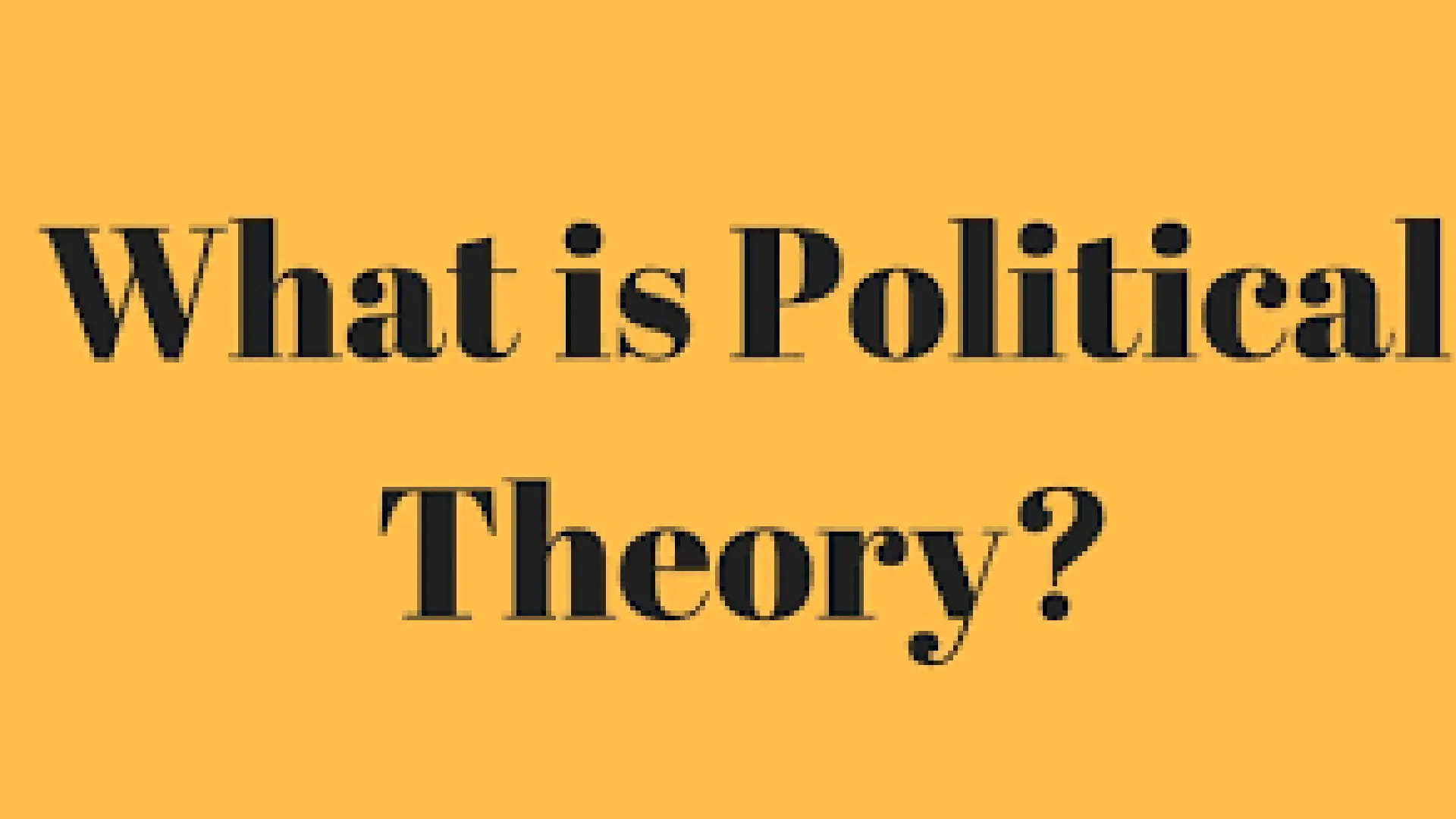Before understanding Political Theory, first we have to understand what is Theory? Merriam-Wbester Dictionary defines a Theory as “an idea or set of ideas that is intended to explain facts or events and/or an idea that is suggested or presented as possibly true but that is not known or proven to be true”.
Theory includes,
1) Conceptual analysis of the phenomenon.
2) It is a rational enterprise which draws conclusion based on reasons.
3) It is less emotional and all the assertions are backed by reason.
4) Theory aspires for truth and objectivity, although it is highly subjective.
5) Theories are contextual because they change with time, places and persons.
6) We can’t totally ignore subjectivity while making theories and can’t make totaly subjective theory.
7) Though theory aspires for generality, it may or may not be universal in scope. (Only grand theories are Universal like System Theory.)
8) It is always based on assumptions, pre- assumptions but it is always back by reasons.
9) It is always try to explain the empirical wolrd, about lived experiences of people.
Now we will discuss about Political Theory:
Humans have the capacity of thinking, analyzing and reflecting. They can reflect their Thoughtful Living Experiences in the forms of Theories.
1) Political theory is ambitious to explain the political realm. It reflects the place of politics in social life.
2) It analyses meaning and value content of ideals.
3) It critically evaluates the finding of politics through the analysis of surrounding.
4) It explains what motivate and guide the political actors and actions.
5) It explains power dynamics in the society, how power is used in public, private and sometimes personal spheres.
6) All the characteristics of Theory mention above can be applied to Political Theory like, rational, truth oriented, analytical, moderate, critical, etc.
7) Theories gives you more and more questions. etc.
Types of Theory
A) According to the scope
1. Grand theories: Universal, comprehensive, giving you a big picture. e.g. System Theory.
2. Specific theories: particular, less comprehensive, talking about small part of big picture. e.g. Class, Alienation.
B) According to its Nature
Normative Theory: based on norms and values, always concern about ‘what should be’ or ‘what ought to be’. Prescriptive in nature. e.g. Theory of Justice
Empirical Theory: based on observable facts. Always concern with ‘what is’. explaining the reality by providing data and evidences. Descriptive in nature, more Scientific. e.g. Rational choice theory.
